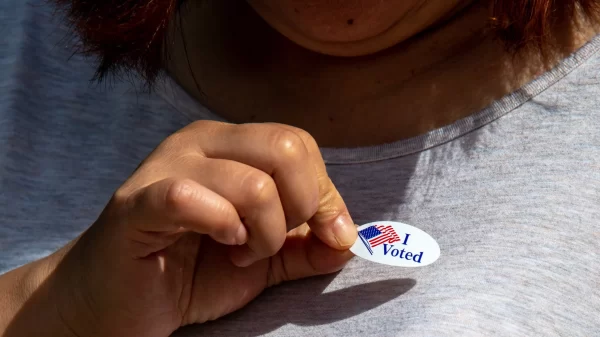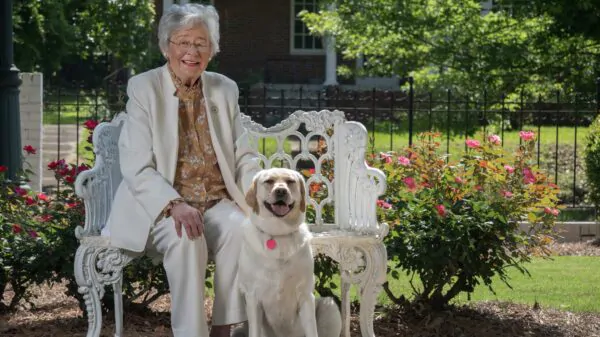It is becoming increasingly obvious that it will require legislative action to get medical cannabis into the hands of patients anytime soon.
On Monday, the Alabama Court of Civil Appeals issued a stay effectively pausing all action in that court until a Montgomery County Circuit Court judge has an opportunity to rule on a motion to dismiss several cases in which companies seeking medical cannabis licenses have filed lawsuits against the Alabama Medical Cannabis Commission.
Judge James Anderson also on Monday issued an order asking the parties for briefs on the motion to dismiss by April 1, and response briefs from the AMCC by April 15, after which Anderson is likely to call for a hearing to allow the two sides to argue the issue.
All of that means that it will be at least another month before the AMCC might be able to move forward with the licensing process and companies can begin production.
But more likely, Anderson will deny the motion to dismiss, which relies upon a legal technicality first broached by the Appeals Court. That technicality requires that anyone suing a state entity sue the individual employees, or commissioners in this case, instead of the agency as a whole.
In the original lawsuit against the AMCC, which several other lawsuits have been folded into, the plaintiffs sued the AMCC as a whole. However, many of the later lawsuits named the individual commissioners and AMCC employees.
Most of those lawsuits focused on the AMCC’s uneven and odd handling of the licensure process, which was restarted twice after licenses were awarded and mistakes were discovered. In the lawsuits before the courts, the applicant companies have alleged that the AMCC violated the Open Meetings Act, played favorites with certain applicants and essentially rigged the licensing process to exclude some companies while ignoring the plain language of the laws passed by the legislature.
To get to the bottom of it all, after months of courtroom arguments, Anderson ordered depositions to be taken and some limited discovery in the case. The AMCC’s attorneys have fought that order tooth and nail, seeking every possible avenue to avoid its commissioners answering questions under oath about their decision-making process.
If such depositions took place, it would be the only time during the process that the commissioners explained publicly why they chose one company or denied another. The AMCC has held no public hearing in which it debated the applicants.
Under the original timeline for medical marijuana availability in the state, Alabama was supposed to start distributing some product by this spring.
In the meantime, there is a proposed legislative “fix” that has made the rounds in the State House. Under that proposal, which has not been taken up yet by any lawmaker, the number of integrated licenses would expand from five and allow any company that meets the facility and timeline requirements, along with compliance with other laws and regulations, to obtain a license.
Dubbed the “free market fix,” the proposal would effectively end all legal action and allow the free market to determine which companies can win or lose. According to a lawmaker who spoke with APR, legislators aren’t opposed to the idea but would like to get agreement from both the applicant companies and the AMCC on any fix.


















































